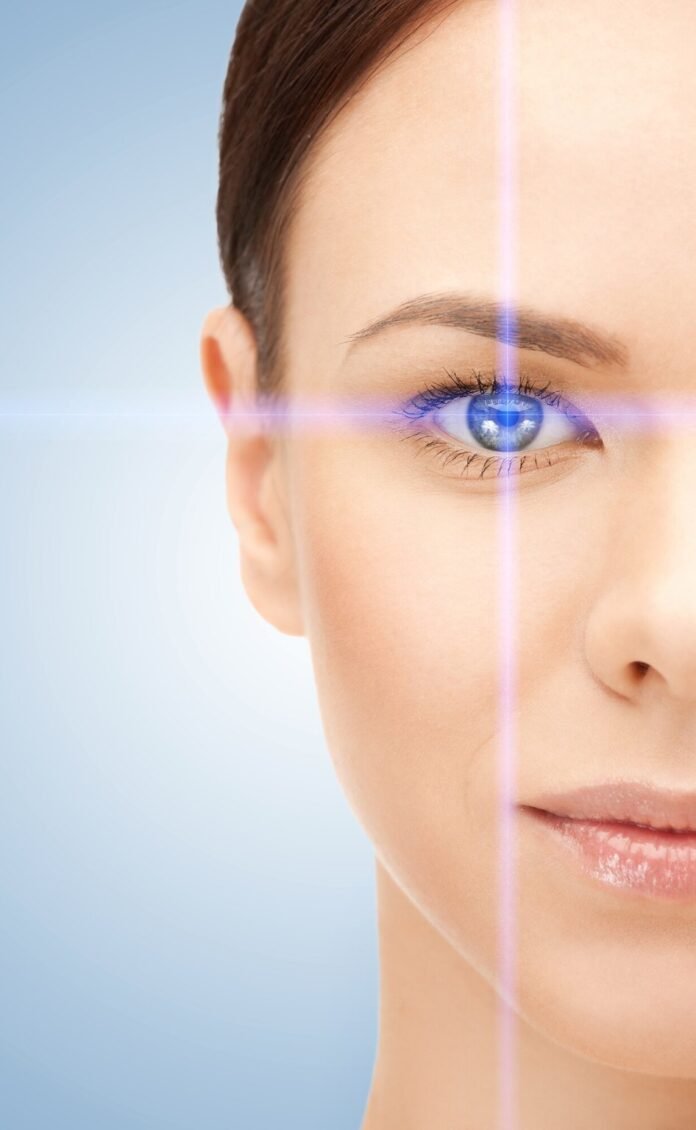Good vision is something many of us take for granted until it starts to decline.
While genetics and age play a role in eye health, the food and nutrients we consume also make a big difference. By adding the right vitamins and minerals to your daily routine, you can give your eyes the support they need to stay sharp and healthy for years to come.
In this article, we’ll go over the most important nutrients for your vision and how they can help protect your eyes naturally.
Vitamin A: Essential for Night Vision
One of the key nutrients for maintaining healthy eyes is vitamin A. It assists in keeping the cornea-the eye’s outer covering-clear and supports night vision by helping the retina process light.
A lack of vitamin A can lead to night blindness and even more serious vision problems if left unchecked. You can find this nutrient in carrots, sweet potatoes, spinach, and liver.
Vitamin C: A Shield Against Oxidative Stress
Your eyes are exposed to light and oxygen every day, which can lead to oxidative stress. Vitamin C is a powerful antioxidant that helps protect your eyes from this damage. It also plays a role in strengthening blood vessels, including the tiny capillaries in your retina.
Foods rich in vitamin C include oranges, strawberries, kiwi, and bell peppers. Adding these to your diet can help slow down age-related vision decline.
Vitamin E: Protecting Eye Cells
Another strong antioxidant, vitamin E, helps protect the cells of your eyes from damage caused by free radicals. This nutrient can reduce the risk of age-related macular degeneration (AMD) and cataracts.
Almonds, sunflower seeds, and hazelnuts are great sources of vitamin E. Regular intake of these foods or supplements can provide long-term benefits for your vision.
Zinc: Supporting the Retina
Zinc is a trace mineral that plays a big role in carrying vitamin A from the liver to the retina. This mechanism supports the synthesis of melanin, a pigment that safeguards the eyes. Low levels of zinc have been linked to poor night vision and a greater vulnerability to eye disease.
You can get zinc from foods such as oysters, beef, beans, and poultry. For many people, it’s also available through supplements that combine zinc with other eye-supporting nutrients.
Omega-3 Fatty Acids: Reducing Dry Eyes
Omega-3 fatty acids, especially DHA and EPA, are essential for maintaining the health of your retina.
They are also known to help reduce dry eye symptoms by supporting tear production. These fatty acids can lower the risk of macular degeneration as well. Salmon, mackerel, flaxseeds, and chia seeds are rich sources.
Lutein and Zeaxanthin: Natural Eye Filters
These two carotenoids are often called the “eye vitamins” because they act as natural filters against harmful blue light. They are concentrated in the macula, the part of the retina responsible for sharp vision.
The risk of cataracts and AMD can be reduced by lutein and zeaxanthin. Dark leafy greens like kale and spinach are outstanding sources. You can also shop for eye supplements that combine these nutrients for daily support.
Boost Vision: Take Charge of Your Eye Health
Your vision is priceless, and taking steps to protect it today can make a big difference tomorrow. By choosing the right foods and supplements, you can boost your vision naturally and keep enjoying clear sight well into the future.
Start caring for your eyes today-eat smarter, live healthier, and consider adding targeted supplements to your routine.
Looking for more tips and tricks? Be sure to check out our blog daily for updates!
